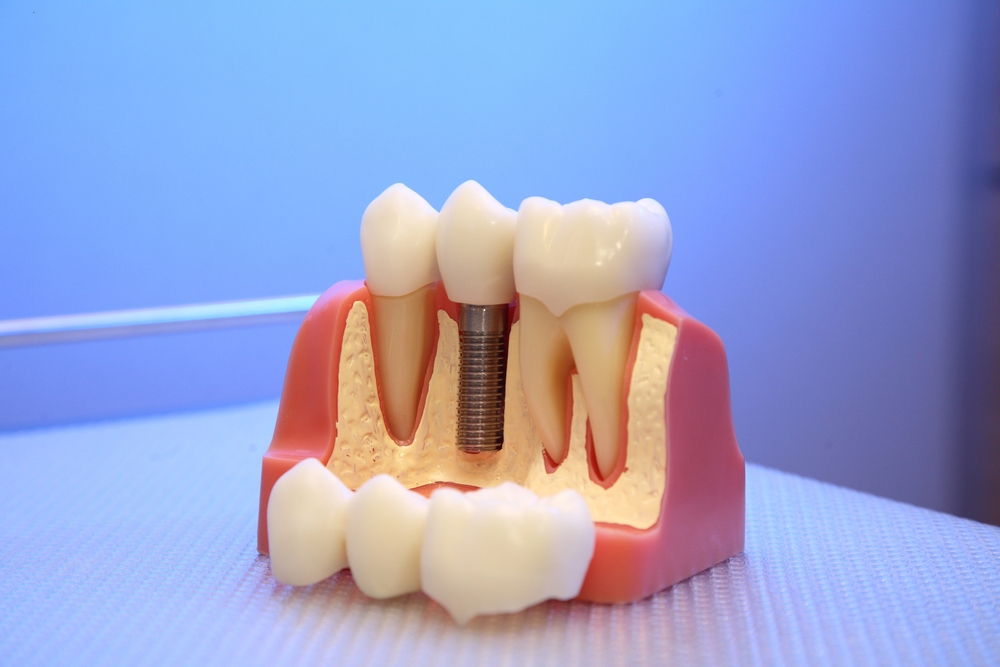
Jaw implants involve placing synthetic implants in the jaw area and is generally performed under general or local anesthesia for the patient's comfort. Jaw implants improve the overall appearance of the face, providing a more balanced facial profile.
Jaw implants play a significant role in facial aesthetics and are preferred by both men and women. These implants make the jawline more defined and attractive, enhancing the overall symmetry and balance of the face. Additionally, jaw implants can compensate for volume loss in the jaw area that occurs with aging.
Individuals who need jaw implants are usually those who want a more defined jawline and balanced facial features. Problems such as a receding chin, an insufficiently defined jawline, or volume loss in the jaw area can be corrected with jaw implants. People who desire more symmetrical and aesthetically pleasing facial features may also opt for jaw implants.
Jaw implants are also a suitable treatment option for individuals with congenital jaw structural problems or deformities in the jaw area due to trauma. This procedure corrects asymmetries in the jaw area, improving the overall aesthetics of the face. It is important for individuals considering jaw implants to be in good general health and have realistic expectations.
Jaw implants are typically performed under general or local anesthesia. First, a suitable size and shape implant is selected for the jaw area. Then, the surgeon makes a small incision in the jaw area and places the implant. The implant is usually secured to the jawbone or soft tissue, and the incision is carefully closed. The procedure generally takes 1-2 hours.
During the recovery period, patients may experience mild swelling, bruising, and pain for a few days. These symptoms usually subside within a few weeks. The full effect of the jaw implant becomes apparent after the recovery period is complete, and the results are permanent. It is important to follow the doctor's care instructions during the recovery period.
One of the biggest advantages of jaw implants is that they enhance facial aesthetics by making facial features more defined. This procedure makes the jawline more pronounced and attractive, increases the overall symmetry of the face, and provides a more balanced facial profile. Jaw implants can also compensate for volume loss in the jaw area due to aging, giving a younger and more vibrant appearance.
Additionally, jaw implants provide permanent results and generally achieve long-lasting effects with a single surgical procedure. Implants are well-tolerated by the body, and the risk of infection is low. Jaw implants are minimally invasive, with a typically short recovery period, allowing patients to quickly return to their daily activities.
There are several important points to consider during the recovery period after a jaw implant procedure. Initially, patients may experience mild swelling, bruising, and pain in the jaw area for a few days after the procedure. These symptoms usually subside within a few weeks. During this period, patients can use the prescribed pain relievers and anti-inflammatory medications to manage discomfort.
During the recovery period, it is important to avoid strenuous physical activities and protect the jaw area from any trauma or impact. Additionally, maintaining proper hygiene and following the doctor's care instructions to prevent infection at the incision site is crucial. Regular follow-up appointments with the doctor are essential to monitor for potential complications and evaluate the success of the treatment. For more detailed information about jaw implants, contact EMPCLINICS.
The recovery period varies from person to person, but most patients can return to normal activities within 1-2 weeks. Avoiding strenuous physical activities and following the doctor's care instructions can expedite the recovery process.
Jaw implants are permanent and generally last a lifetime. However, changes in the tissue around the implant or trauma to the area may cause the implant to shift. Regular follow-up appointments help ensure the long-term health of the implant.
The jaw implant procedure is typically performed under anesthesia, so no pain is felt during the procedure. Mild pain and discomfort may be experienced during the recovery period, but these symptoms can be managed with the prescribed pain relievers.